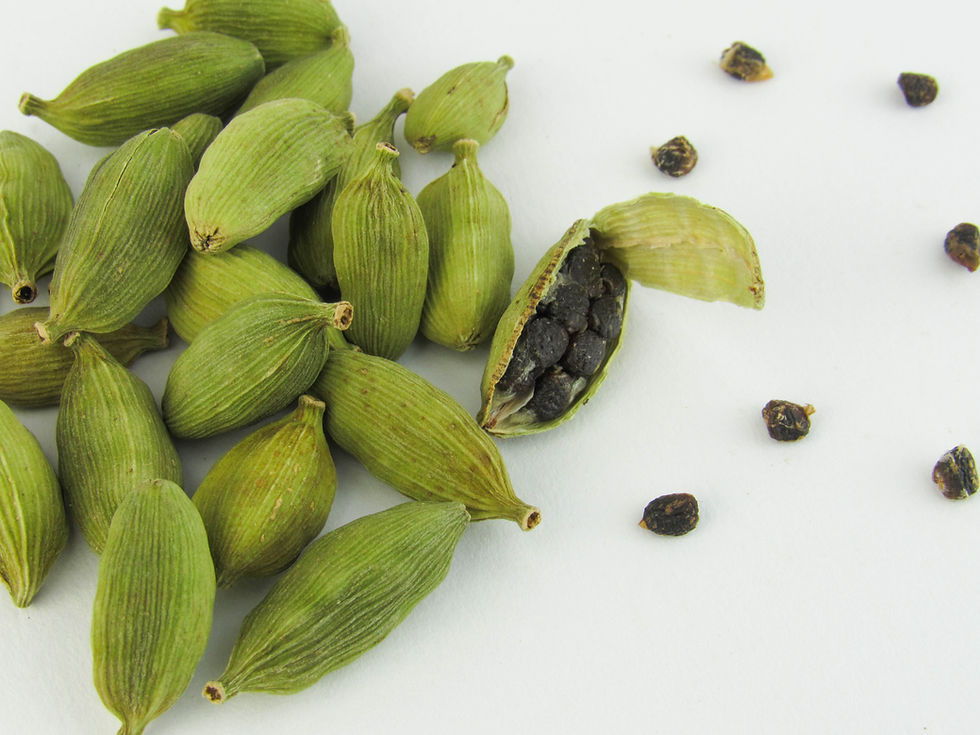Cardamom may kill breast cancer cells
- World Half Full

- Apr 7, 2022
- 2 min read
Updated: Jan 7, 2024
HEALTH

Triple-negative breast cancer (TNBC) is a particularly tough form of the disease. It makes up 10–15% of all breast cancers, is prevalent in younger women and Black women, typically spreads faster and has a less favourable outlook than other invasive breast cancers.
In some welcome news, Dr Patricia Mendonca, who’s an assistant professor and research analyst at Florida A&M University in Tallahassee, USA, reported to the American Society for Investigative Pathology’s 2022 annual meeting in early April that the natural compound cardamonin may be able to treat TNBC. Cardamonin is found in the spice cardamom and other plants of the Zingiberaceae (ginger) family.
“The approach in our lab,” says Dr Mendonca, “is to investigate different natural compounds for their potential as anti-cancer drugs. Currently, we have many studies in parallel investigating different flavonoids. We believe they are a natural source of compounds that can fight cancer through the inhibition of inflammation, oxidative stress, and other processes that may lead to carcinogenesis.”
Dr Mendonca cites several publications that document cardamonin’s pharmacological effects, particularly its anti-cancer properties against breast, prostate, and colorectal cancer as well as inflammatory and cardiovascular diseases.
“Taking into consideration all the reported pharmacological effects and that cardamonin has been used in Indian cuisine for many years and sold as a supplement at health stores, we decided to investigate it [as a viable treatment for TNBC],” she explains.
There are two checkpoint proteins — PD-1 and PD-L1 — that play an important role in the body’s response to cancerous cells. They help keep our immune responses under control.
When PD-1 binds to PD-L1, it acts as a “brake” that stops T-cells — the immune cells that protect our bodies from infection and help kill cancer cells — from attacking other cells. It also prevents T-cells from killing cancer cells, which have large amounts of PD-L1, and therefore helps them escape the body’s immune defences. So, inhibiting PD-L1 and blocking it from binding to PD-1 increases the T-cells’ ability to kill the cancer cells. (Immunotherapy medications employ this principle.)
Overall, Dr Mendonca believes the research is promising. Cardamonin could have the potential to be used in new, less arduous treatments for TNBC other than surgery, radiation, or current chemotherapies.
“The fact that cardamonin has been used for centuries as a spice and, more recently, as a supplement, shows its intake is safe and may bring health benefits. Our research shows that cardamonin holds potential for improving cancer therapy without as many side effects as other chemotherapeutic agents,” she concludes.




Comments